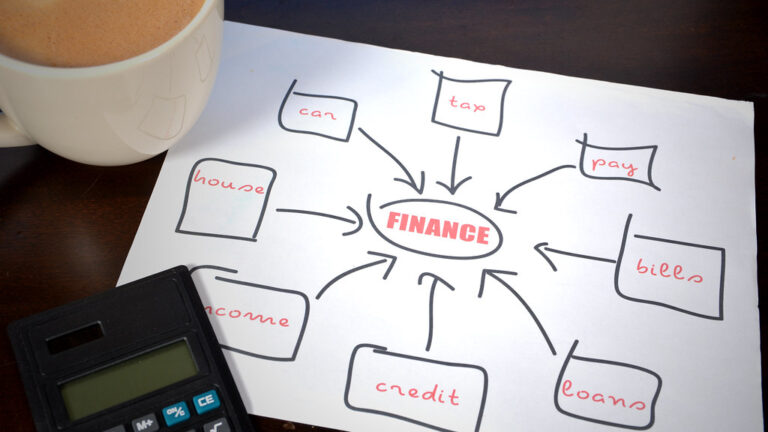As an experienced trader, you will know the best way to trade is by getting some experience first. The more knowledge you have about how different markets work and how they react to certain events, the likelier you are to profit from your trades.
One of the oldest investments and trading instruments in history is options – over time, we’ve seen them become available on exchanges and made available for trading online. Another market that has become widely popular among traders is CFDs (Contracts For Difference). Both these types of financial tools use high-risk/high-reward strategies, which can often lead to significant gains if used appropriately under the right circumstances.
Profits
The great thing about these types of trading instruments is that they allow the trader to make sizable profits even with small investments.
For example, when you buy a stock, the minute you place your order, its price has already changed by several cents or even dollars. This doesn’t happen when using options or CFDs; since your transaction takes place only once the contract has been settled, there is no risk of losing money due to rapidly changing market conditions.
Leverage
You can also use leverage when buying options or CFDs, which means you don’t have to put down the entire investment amount in one go. This allows traders who may not have thousands of pounds in their accounts to still benefit from these financial tools.
Flexibility
You can choose the kind of contract that works best for you between American and European styles with options. This flexibility gives traders more choice when finding an instrument that is best suited for their risk preferences and trading strategies.
Time Limits
Options are also limited in time, like CFDs – once your option or contract expires, there’s no way to trade with it anymore. It’s important to factor this in if you’re not sure about what may happen in the future with prices; having an expiry period means that your investment will automatically become invalid after a certain amount of time has passed unless you renew it before then.
Over the Counter Trading
Another similarity between options and CFDs is that they are bought over-the-counter rather than on exchanges, making them more flexible. There are no rules for how these must behave, meaning anyone can trade them without following strict guidelines like other financial instruments.
Unregulated Trading
Another great thing about these trading tools is that they’re unregulated, which means buyers and sellers can set their own rules for how they behave, including setting their own prices.
Trading Fees
No trading fees are payable when you buy either options or CFDs- however, there may be some charges if you sell them before the expiry time passes. This is especially common with CFDs as it means you may have to pay your broker a fee every time you close out your position early.
Risk
Just like with any other high-risk investment, there is a chance you could lose all the money you invest in options and CFDs. However, you should make sure you understand how each instrument works and only invest what you can afford to lose.
Trading On Margin
Another similarity between these trading tools is that they both allow for trading on margin. Meaning that if the amount of money in your account isn’t enough to cover investments made using either one, your broker will usually end up covering the difference (although this varies depending on the type of broker).
Market Prices
Both options and CFDs gain value from market prices, meaning they don’t have their own value. You can check out real-time prices for both of these trading tools on several currency pairs here.
Settlement
Another similarity between CFDs and options is that both of these products are settled daily. This means you don’t have to pay for your investment until the settlement date passes, allowing you to close out your position before then.
Assets Available
There are quite a few different assets available to trade with options or CFDs, including stocks, currencies and indices- this allows traders to diversify their portfolios quickly through either one of these financial tools.




